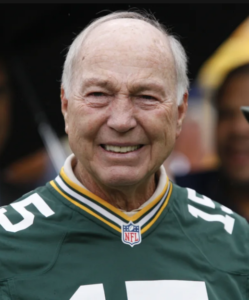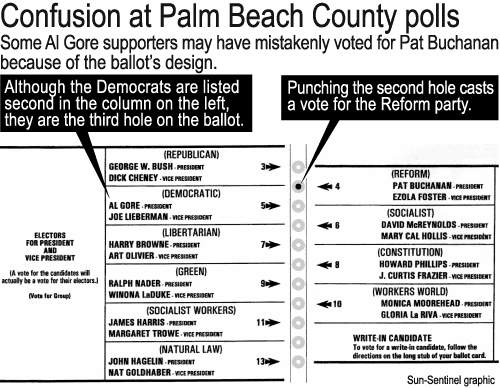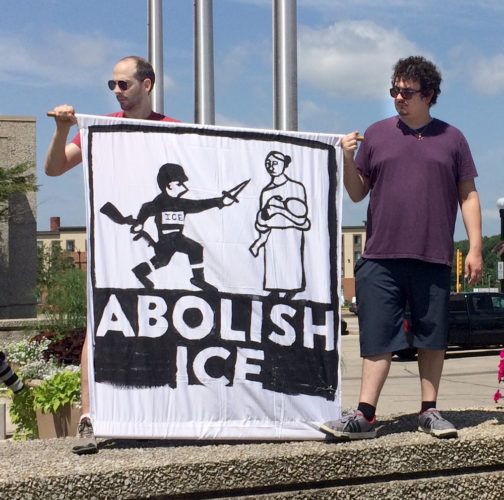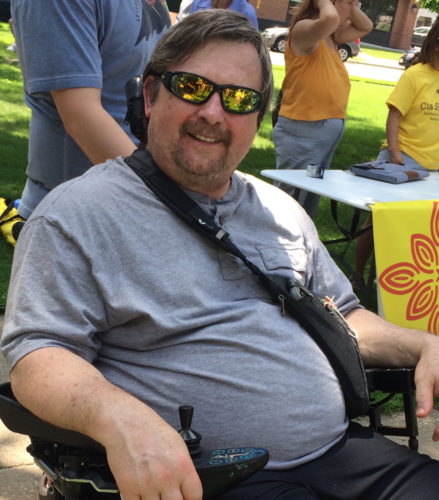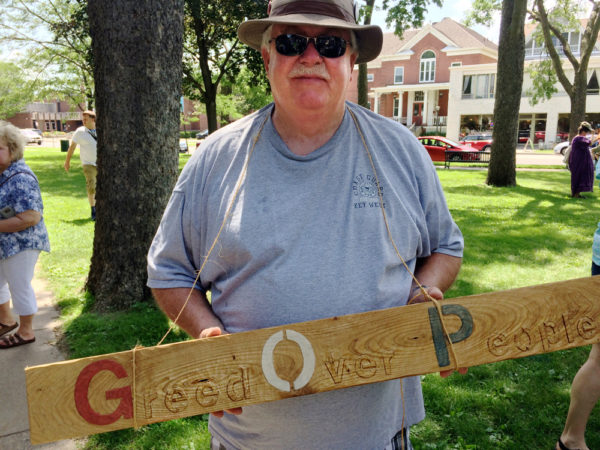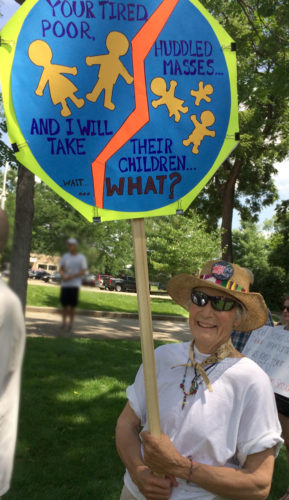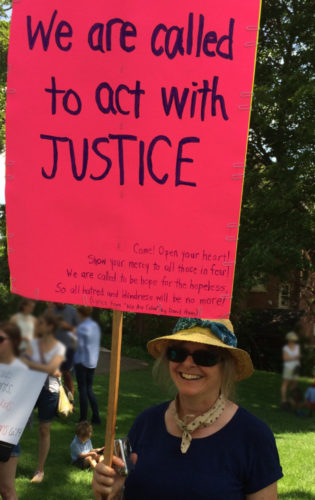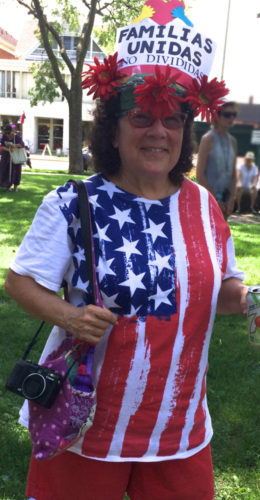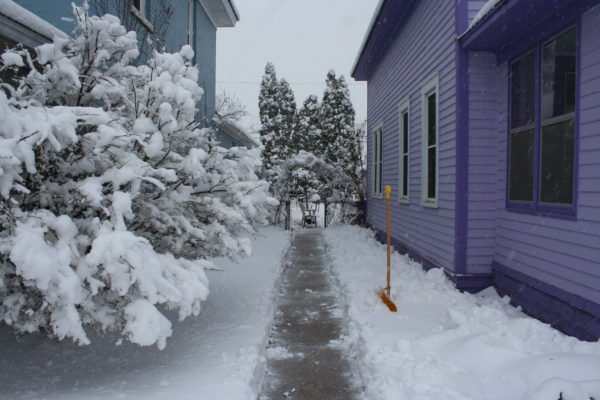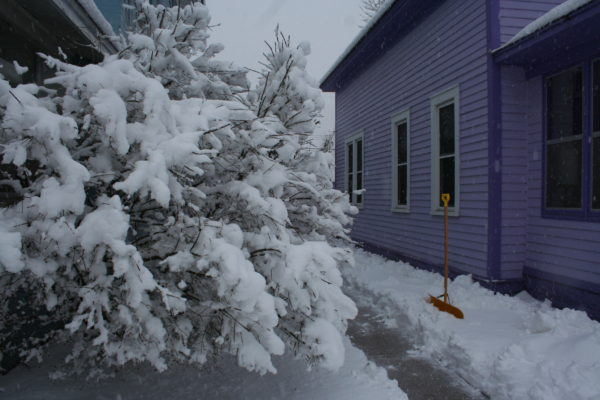It was sometime in the spring of 1977. I was a recent college drop-out just settling in to what became a year of blue-collar work making candles at a factory in Oshkosh, Wisconsin, and I had gone up the road to Appleton to visit my friend Steve, a recent graduate applying his education to work in a paper mill.
On this weekend visit, we were hanging out with couple of Steve’s friends, tooling around in an old topless jeep. One of them had been invited to a wedding reception in Green Bay (another half-hour up the road). Having nothing better to do, we all tagged along.
We found ourselves arriving at a place called (something like) the Green Bay Golf and Polo Club. We drove into a parking lot full of large and shiny cars with an open space right by the door. The surreal nature of the evening was just beginning with the hippies in the jeep getting the best parking space in this swanky lot. We hopped out and went in.
I should note that Steve and I were dressed for a Saturday of drinking and partying with the guys… our t-shirts and jeans stood out in the sea of fine suits and dresses. We found ourselves crashing a party of one-percenters and discreetly helped ourselves to the open bar and tasty finger-food (I remember the breaded mushrooms, a treat that I had not yet experienced).
In the midst of this posh swankiness, I turned to Steve in amazement at the kind of crowd we had found ourselves in. Trying to come up with an example of the pinnacle of the elite, I said, “I’ll bet the mayor of Green Bay is here.”
A few minutes later, I noticed an excited conversation among the other three guys in my group, and Steve turned to me and said, “Bart Starr is here.” This was less than ten years after the Ice Bowl, and the fond memories of his playing days were fresh in everyone’s minds. In fact, this was at the dawn of his time as Packers coach. So forget about the “mayor of Green Bay” being there. There was no bigger name in Green Bay (and arguably in the entire state of Wisconsin) than Bart Starr.
We slithered out of our discreet corner to see if we could spot him. While wandering about, we saw the bride and groom in another room. They looked over and noticed us before the bride turned to her new husband (Steve later said, “I could read her lips”) and asked, “Who ARE those two guys?” We retreated to our corner.
It didn’t take long for a bouncer to show up. He could’ve been one of Bart’s linemen. He was an “older” guy who towered over both of us as he politely explained that this was a private party and that we would have to leave. We huddled with our other friends (who WERE invited) to arrange to meet up later.
We ended up spending the rest of the night nursing beers in a nearby working-class bar, processing our glimpse into a world that had been unknown to us, and the lost opportunity to stand close to one of our heroes.


